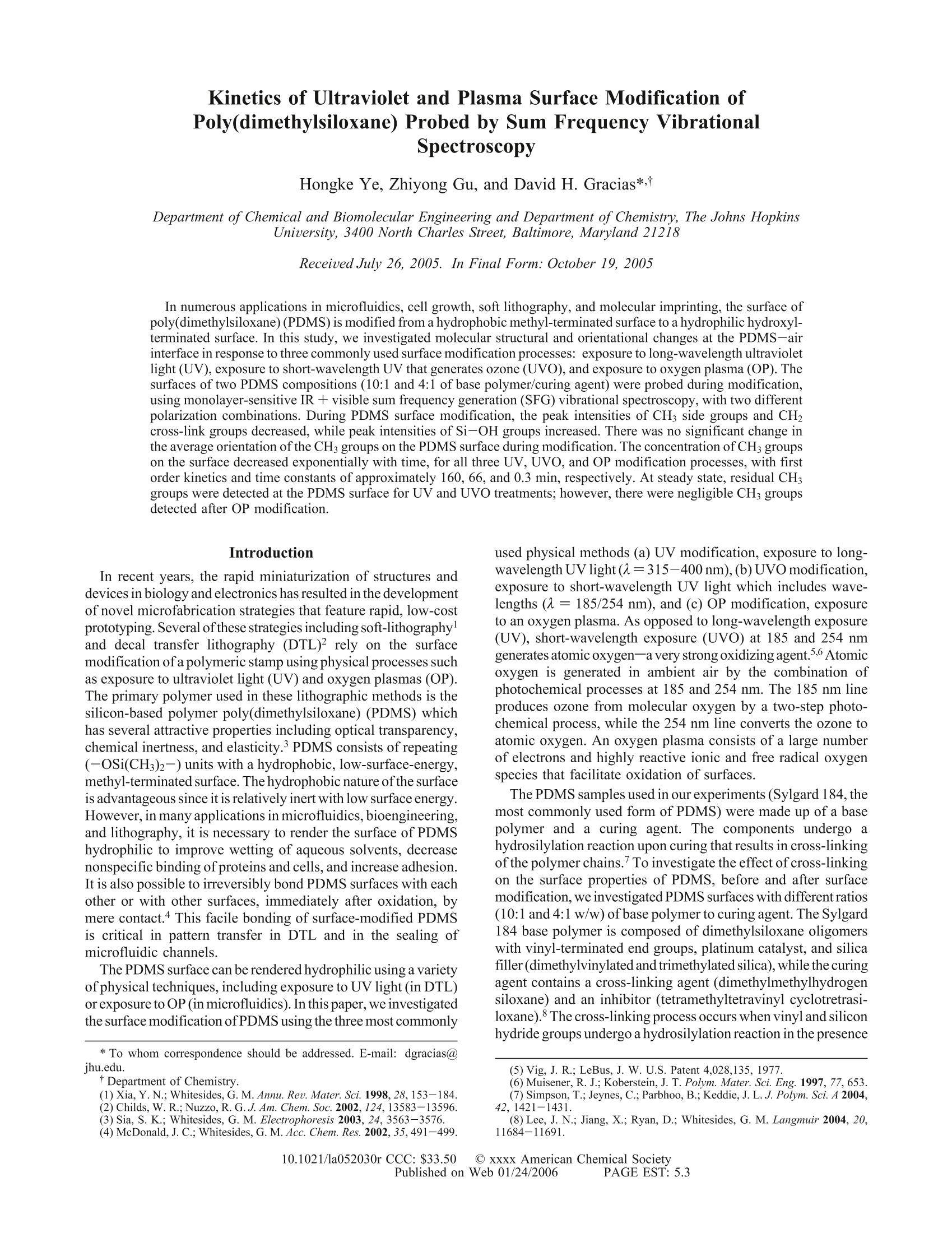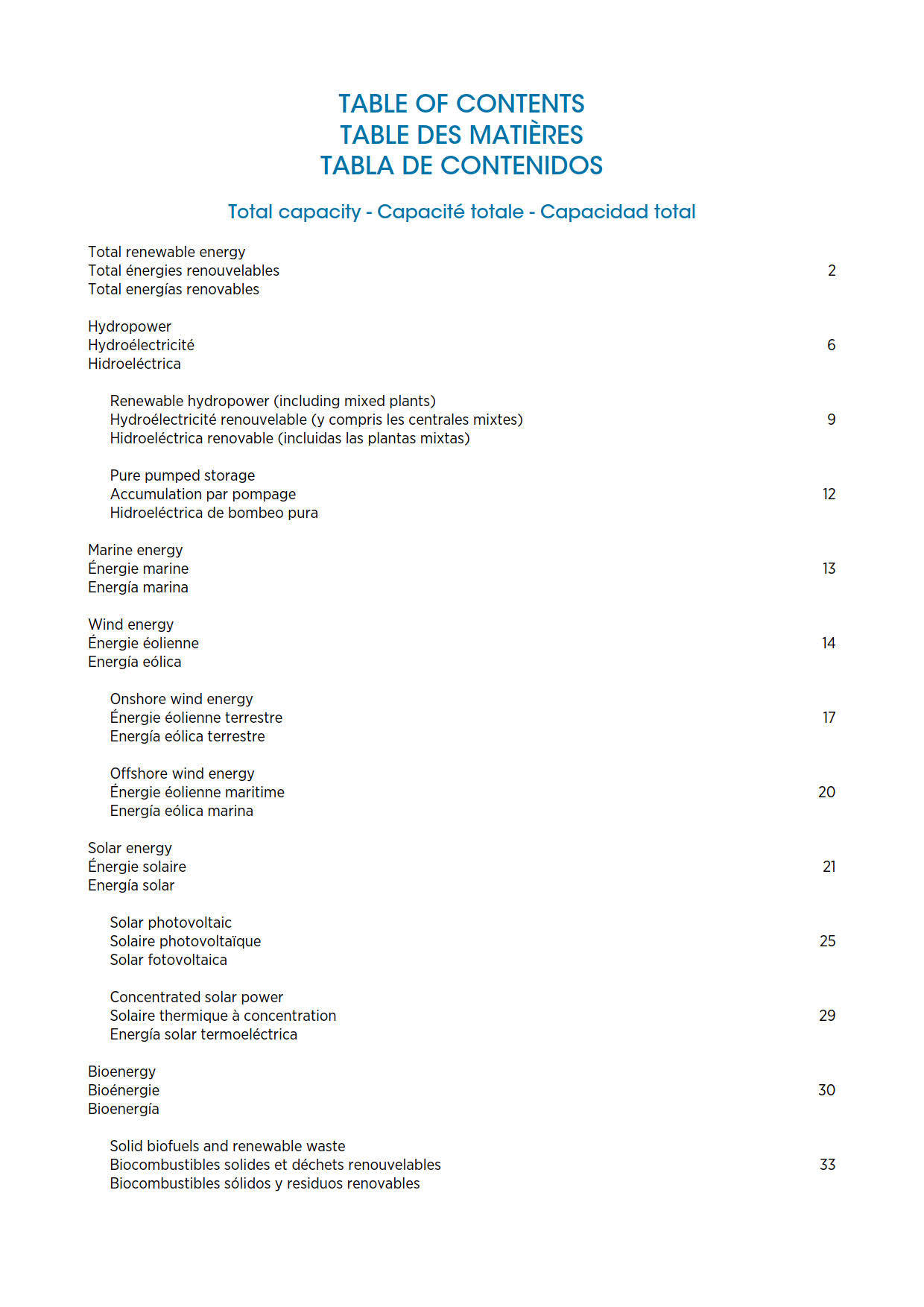"Understanding the Benefits and Process of Assuming an FHA Loan: A Comprehensive Guide"
Guide or Summary:What is an FHA Loan?What Does It Mean to Assume an FHA Loan?Benefits of Assuming an FHA LoanHow to Assume an FHA LoanConsiderations When As……
Guide or Summary:
- What is an FHA Loan?
- What Does It Mean to Assume an FHA Loan?
- Benefits of Assuming an FHA Loan
- How to Assume an FHA Loan
- Considerations When Assuming an FHA Loan
#### Description:
What is an FHA Loan?
An FHA loan, or Federal Housing Administration loan, is a government-backed mortgage designed to help lower-income and first-time homebuyers qualify for a home loan. These loans are attractive because they typically require a lower down payment and have more flexible credit score requirements compared to conventional loans.
What Does It Mean to Assume an FHA Loan?
Assuming an FHA loan means that a buyer takes over the responsibility of the existing mortgage from the seller. This can be an advantageous option for buyers, especially if the current interest rate on the FHA loan is lower than the prevailing market rates. The process allows the new borrower to step into the shoes of the original borrower, retaining the terms of the loan while potentially saving money on interest payments.
Benefits of Assuming an FHA Loan
One of the primary benefits of assuming an FHA loan is the potential for lower interest rates. Given that FHA loans often have lower rates than conventional loans, buyers can save significantly over the life of the loan. Additionally, the assumption process can be quicker and less complicated than applying for a new loan, which can be particularly beneficial in competitive real estate markets.

Another advantage is the lower down payment requirement. FHA loans typically allow for down payments as low as 3.5%, making homeownership more accessible. This is especially appealing for first-time homebuyers who may not have substantial savings.
How to Assume an FHA Loan
To assume an FHA loan, the buyer must meet certain eligibility criteria set by the lender. The process generally involves the following steps:
1. **Check Loan Assumability**: Not all FHA loans are assumable. Buyers should verify with the lender if the existing loan can be assumed.
2. **Application Process**: The buyer must submit an application to the lender, who will evaluate their creditworthiness and financial stability.

3. **Approval**: If the lender approves the assumption, the buyer will take over the mortgage payments and the remaining balance of the loan.
4. **Closing**: Finally, the assumption will be finalized at closing, where the necessary paperwork is signed, and the buyer officially becomes responsible for the loan.
Considerations When Assuming an FHA Loan
While assuming an FHA loan can present numerous benefits, there are several factors to consider. Buyers should be aware of the remaining balance on the loan and whether it aligns with their budget. Additionally, they should consider the overall terms of the loan, including the interest rate and remaining loan term.
It's also essential to understand that assuming a loan does not automatically transfer the seller's equity in the property. The buyer will need to negotiate a purchase price that reflects the home's value, which may require a down payment if the sale price exceeds the loan balance.

In conclusion, assuming an FHA loan can be a smart financial decision for many homebuyers, particularly in a fluctuating interest rate environment. By understanding the process and benefits of assuming an FHA loan, buyers can make informed decisions that suit their financial situations and homeownership goals. Whether you’re a first-time buyer or looking to move into a new home, exploring the option of assuming an FHA loan may provide the opportunity to secure a favorable mortgage arrangement.